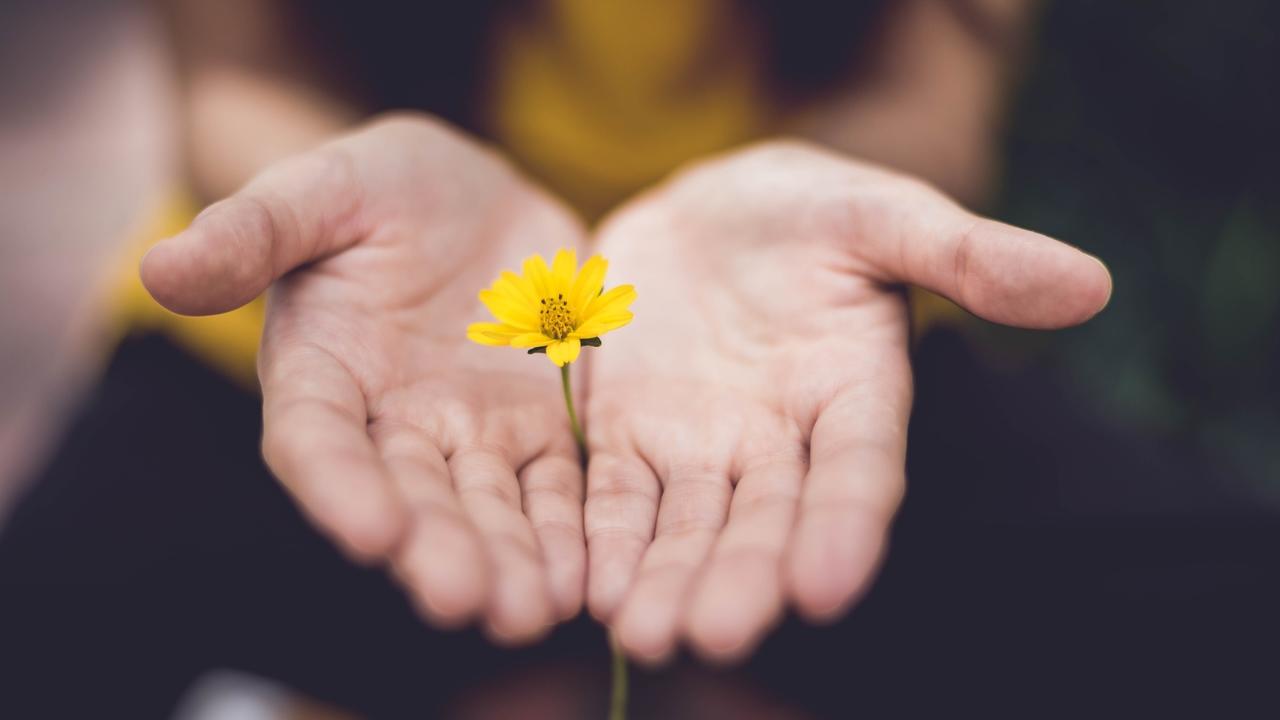How Do You Forgive, What It Really Is, And Why It's Essential For Well-Being!

In the light of the recent tragedies and shootings, I want to give this topic context. Forgiveness is not to say that bad things are OK, that you have to forgive and forget. There are certainly events that you won’t be able to forget and which may even shape who you are. Today we are talking about real ways to move forward, and why.
There are many good reasons to feel angry, sad or betrayed. Maybe your parents were wounded and inadvertently passed that on, maybe a relationship has gone bad, maybe you had to deal with a traumatic event. In her Ted Talk, Sarah Montana was in her teens when experienced her brother and mother killed by a friend’s younger brother. When she was dealing with the aftermath years later she realized, “The steel tether of trauma was still hooked in, and I was dragging him around for 7 years – the only way to get rid of him was to forgive him.” It sounds easy, but how do you do it?
- The better question is why forgive? “Holding onto anger is like drinking poison and expecting the other person to die.” When you are mentally replaying your hurt, these thoughts create neuropathways and patterns of thinking that are harder to get out of. Consider for yourself, what are the negative consequences of not forgiving, not only now but in all future relationships? How is this strangling my energy, aspirations, and my future? I want to add that this applies to not forgiving yourself as well. If a work situation or relationship did not work out, you need to release yourself in order to move on.
- What is Forgiveness: Forgiveness is not reconciliation. You do not have to rebuild a relationship with the person who hurt you. Forgiveness is for you and not for anyone else, it’s about your healing and taking back your power. Sarah Montana said, “Losing myself in order to punish him felt too much a price to bear. Choosing myself was more important than being right.”
- Dr Fred Luskin, director of the the Stanford Forgiveness Project, and author of Forgive for Good, defines, “Forgiveness is the feeling of peace that emerges as you take your hurt less personally, take responsibility for how you feel and become a hero instead of a victim in the story you tell. Forgiveness is the experience of peacefulness in the present moment.”
- Be tender with yourself: realize that the situation wasn’t entirely personal, but the result of many related causes and conditions. When senseless tragedies happen, like a natural disaster or the loss of a child, one suggestion is to grapple with that the idea that life has suffering that you don’t understand, and let it go. The way out of the mental prison is to forgive LIFE. That’s the mental aspect. In the body - calm down the stress response of unforgiveness – breathe, exercise, get the energy moving. Talk to friends or a trusted therapist, and give yourself time. It’s a process.
- Change your grievance story that paints you as a helpless victim of something unpleasant. Give up the expectation that it should have been different. Shift the story to people people do all sorts of sick and crazy things, and hurt each other. I now CHOOSE to let this go. Update your story to remind you of the heroic choice to put yourself first, to leave the victim mentality and to commit to your growth. This is about you, not them. And by the way, some people find a bigger purpose for their life through the challenges they face. I talk about it in my book under post traumatic growth.
- Put your energy into looking for other ways to get your positive goals met. Seek out new ways to get what you want – love, respect, belonging. Cultivate gratitude Instead of ruminating on your wounds, (which gives the person who caused you pain power over you), actively look for the love, beauty and goodness around you. That is a choice.
Forgiveness is about choosing to release yourself from mental prison and taking back you personal power.
